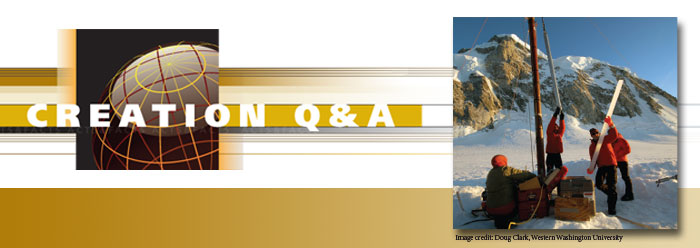
Shark Jaw Opens Questions about Coal Formation
While bolting the roof of a coal mine in western Kentucky, miner Jay Wright found an 18-inch-long fragment of a fossil shark jawbone with teeth still attached. The local National Public Radio affiliate WKMS reported that "Wright has seen smaller fossils and sea shells in the mine, but nothing like an ancient shark bone."1

Chinese Dinosaurs Were Fossilized by Flood
Teeth and fossil bone fragments from a meat-eating T. rex-like dinosaur were discovered in a Chinese dinosaur bone bed. The remains indicate that the creature measured over 30 feet from nose to tail.1 How did such a large creature come to be fossilized alongside so many other dinosaurs?

Japan's Earthquake Altered the Length of a Day
Japan's disastrous March 11 earthquake has had a lasting geologic impact on the earth. Italy's National Institute of Geophysics and Volcanology preliminarily found that it moved the planet's rotation axis by 25 centimeters.1 U.S. Geological Survey seismologist Dr.









